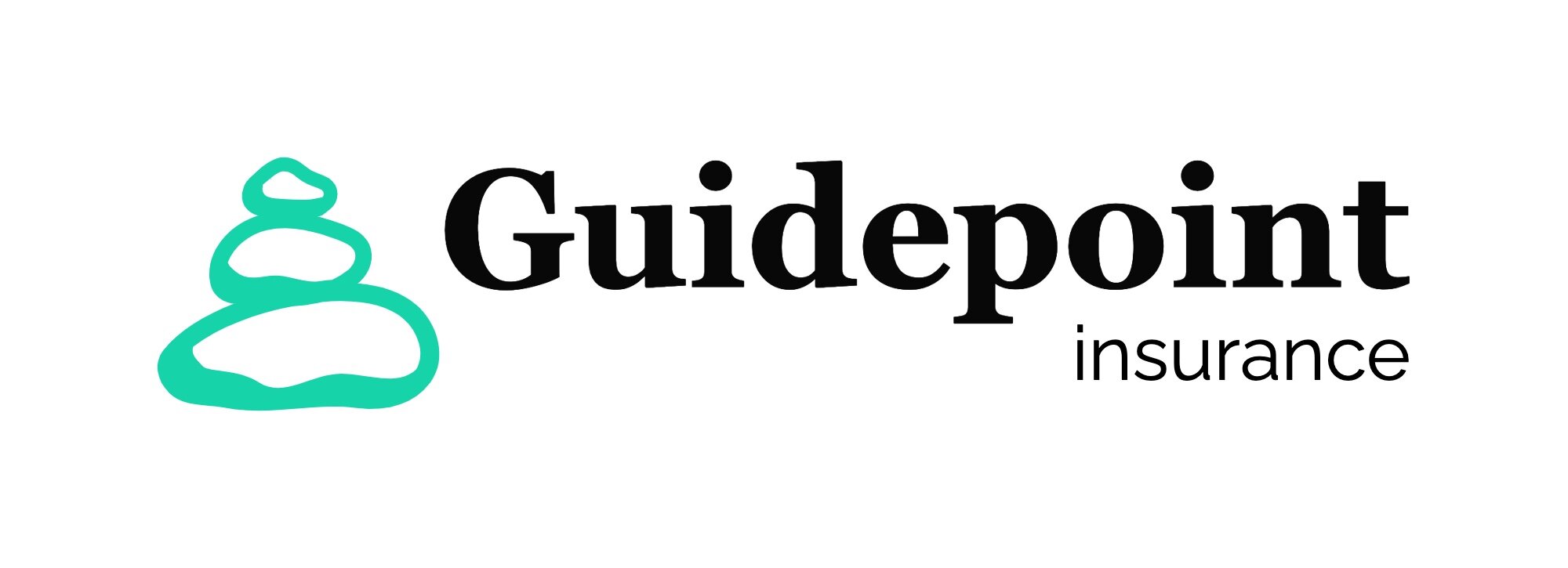Things to consider when you need Trucking Insurance
Trucking insurance is a specialized type of insurance that is designed to provide coverage for commercial trucks and their drivers. This type of insurance is essential for trucking companies and independent truck drivers, as it provides protection for their business and helps to mitigate financial losses in the event of an accident or other unexpected event. In this blog post, we'll take a closer look at what trucking insurance is, why it's important, and the types of coverage that are available.
What is Trucking Insurance?
Trucking insurance is a type of commercial insurance that provides coverage for trucks and their drivers. This type of insurance typically includes coverage for liability, cargo, and physical damage to the vehicle. It's important to note that trucking insurance is different from personal auto insurance, as it is specifically designed for commercial vehicles and the unique risks associated with commercial driving.
Why is Trucking Insurance Important?
Trucking insurance is important for several reasons. For one, it's required by law for all commercial truck drivers and trucking companies. Failure to have adequate insurance can result in fines, penalties, and even the loss of your commercial driver's license. Additionally, trucking insurance provides protection for your business and helps to mitigate financial losses in the event of an accident or other unexpected event. Without insurance, you could be held personally liable for damages and medical expenses, which could be financially devastating.
Types of Trucking Insurance Coverage
There are several types of coverage that are available under a trucking insurance policy. Here are a few of the most common types of coverage:
Liability Coverage: Liability coverage is required by law and provides protection in the event that you are held responsible for an accident. This type of coverage can help to pay for damages and medical expenses for the other party involved in the accident.
Cargo Coverage: Cargo coverage provides protection for the goods and products that are being transported by the truck. This type of coverage can help to cover the cost of lost or damaged cargo.
Physical Damage Coverage: Physical damage coverage provides protection for the truck itself, including damage from accidents, theft, and natural disasters.
Trailer Interchange Coverage: Trailer interchange coverage provides protection for trailers that are being used in a trailer exchange program. This type of coverage can help to cover the cost of damages to the trailer while it's being used by another trucking company.
Non-Trucking Liability Coverage: Non-trucking liability coverage provides protection for truck drivers when they are using their truck for non-business purposes, such as driving to and from their home.
State and Federal Filings for Trucking Companies
Trucking companies are required to file several state and federal filings to operate legally. These filings are necessary to ensure that the trucking company is compliant with state and federal regulations and that it has the necessary permits and licenses to operate. Here are some of the state and federal filings that trucking companies are typically required to file:
Motor Carrier Authority (MC) Number: The MC number is issued by the Federal Motor Carrier Safety Administration (FMCSA) and is required for interstate commerce. All trucking companies that operate in interstate commerce are required to have an MC number.
United Carrier Registration (UCR): The UCR is an annual registration requirement for all interstate motor carriers, brokers, and freight forwarders. This filing is required by the U.S. Department of Transportation (DOT) and is used to fund state enforcement agencies.
International Registration Plan (IRP): The IRP is a registration agreement between states that allows commercial vehicles to travel across state lines. Trucking companies that operate vehicles that weigh over 26,000 pounds or have three or more axles are required to register for the IRP.
International Fuel Tax Agreement (IFTA): The IFTA is an agreement between states that simplifies the reporting of fuel use by motor carriers that operate in multiple jurisdictions. Trucking companies that operate vehicles that weigh over 26,000 pounds or have three or more axles are required to register for the IFTA.
Unified Carrier Registration (UCR): The UCR is an annual registration requirement for all interstate motor carriers, brokers, and freight forwarders. This filing is required by the U.S. DOT and is used to fund state enforcement agencies.
State-Specific Permits: Many states require additional permits for commercial vehicles, such as oversize/overweight permits, hazardous materials permits, and special use permits. These permits vary by state and may require additional fees and paperwork.
In addition to these state and federal filings, trucking companies may also be required to file tax returns, insurance certificates, and safety and compliance reports. It's important for trucking companies to work with a reputable transportation insurance company like Guidepoint Insurance to ensure that they are in compliance with all state and federal regulations and that they have the necessary coverage and fiings to operate legally.
In conclusion, trucking insurance is an essential type of insurance for commercial truck drivers and trucking companies. It provides protection for the business and helps to mitigate financial losses in the event of an accident or other unexpected event. If you're a commercial truck driver or own a trucking company, it's important to work with a reputable insurance provider like Guidepoint Insurance to ensure that you have the coverage you need to protect yourself and your business. Give us a call today at 972-755-3969 and one of our team members will help you navigate the waters of trucking insurance.
